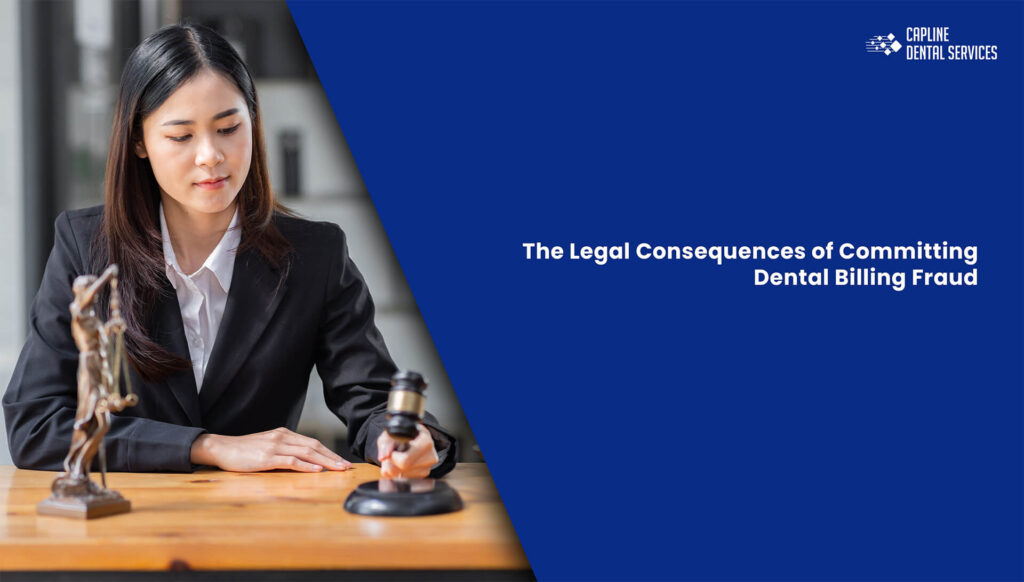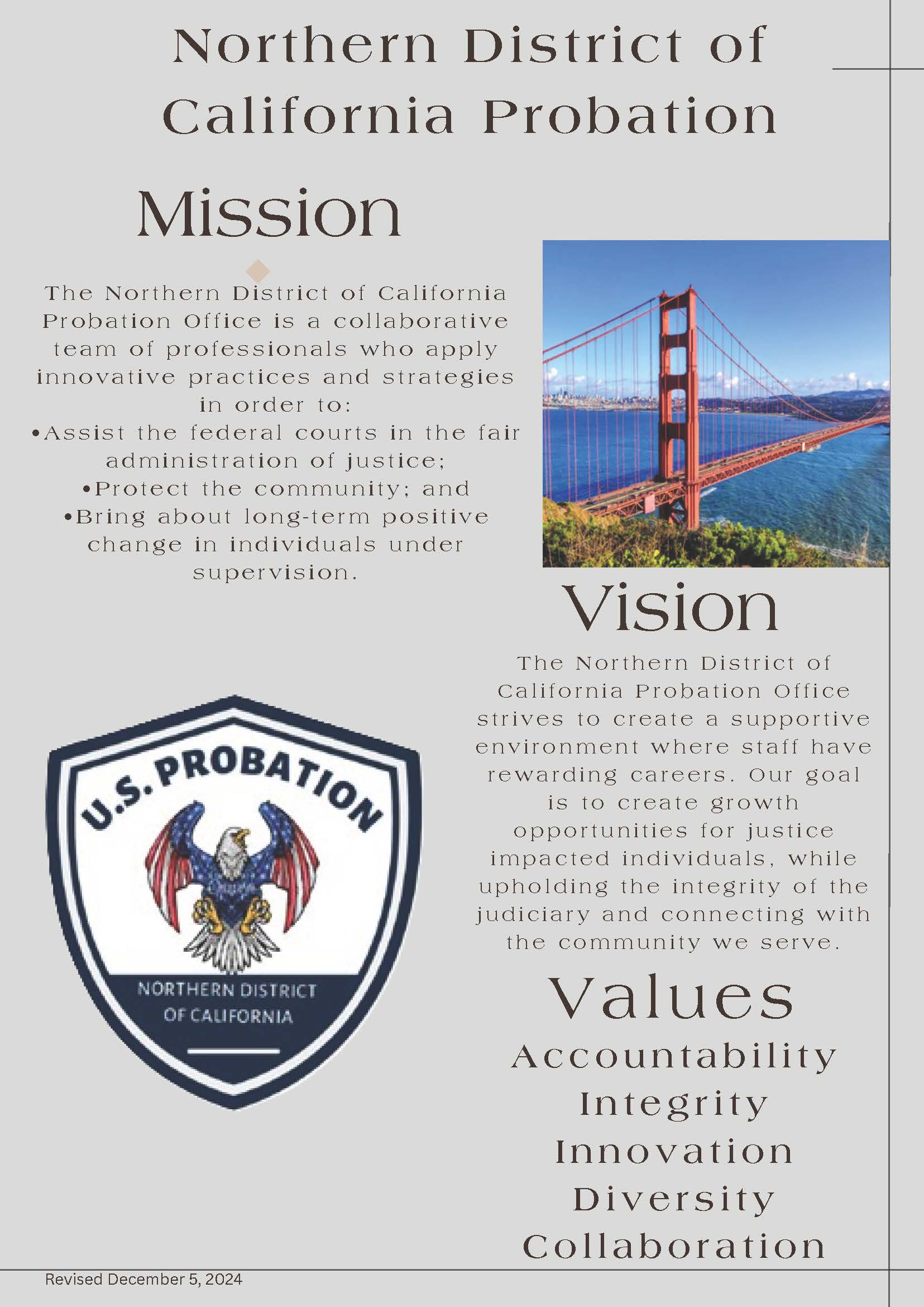Did you know that the average fine for violating SEC regulations could buy you a brand-new sports car? Understanding the penalties for violating SEC and FINRA regulations is crucial for anyone navigating the trading landscape. This article explores the common penalties imposed by the SEC, the disciplinary actions from FINRA, and the potential criminal charges for serious violations. It also discusses the financial repercussions, including fines and license revocation, along with the long-term legal implications and how violators can contest penalties. Whether you're a trader or a financial firm, knowing these consequences can significantly impact your reputation and operations. Dive into the details with DayTradingBusiness to safeguard your trading journey.
What Are the Common SEC Penalties for Violations?
Common SEC penalties for violations include hefty fines, disgorgement of profits, suspension or banning from serving as an officer or director, cease-and-desist orders, and criminal charges leading to imprisonment. FINRA penalties often involve fines, suspension from industry activities, expulsion, and restitution. Both agencies can also impose reputational damage and regulatory restrictions that impact future business.
How Does FINRA Punish Regulatory Breaches?
FINRA punishes regulatory breaches with fines, suspension, or expulsion from the industry. It can also impose cease and desist orders, require restitution, or mandate additional training. Severe violations may lead to license revocation or bans from the securities industry.
What Fines Can Securities Violators Face?
Securities violators can face hefty fines, ranging from thousands to millions of dollars, depending on the severity of the violation. They may also be subject to disgorgement of ill-gotten gains, suspension, or permanent bans from the industry. Criminal charges could lead to imprisonment. Regulatory agencies like the SEC and FINRA enforce these penalties for violations such as insider trading, fraud, or misleading investors.
Are Criminal Charges Possible for SEC Violations?
Yes, criminal charges are possible for SEC violations, especially if the misconduct involves fraud, insider trading, or deliberate deception. The SEC can refer cases to the Department of Justice, which can pursue criminal prosecution, leading to fines and imprisonment.
What Are the Disciplinary Actions by FINRA?
FINRA enforces disciplinary actions like fines, suspensions, and expulsion for violations of SEC and FINRA rules. They can also impose cease-and-desist orders, bar individuals from the industry, or require restitution. Penalties depend on the severity of the violation, ranging from minor reprimands to permanent bans.
How Does the SEC Handle Insider Trading Penalties?
The SEC imposes fines, disgorgement of profits, bans from serving as an officer or director, and criminal charges for insider trading violations. Penalties can include hefty monetary fines—sometimes millions of dollars—and imprisonment. The SEC also seeks injunctions to prevent future violations and can pursue civil and criminal cases depending on the severity.
What Are the Consequences for Fraudulent Practices?

Violating SEC and FINRA regulations can lead to heavy fines, suspension, or permanent bans from the industry. You might face civil and criminal charges, including disgorgement of profits and restitution. Regulatory agencies can also revoke licenses and bar individuals from working in finance. In severe cases, violators face jail time and damage to reputation.
Can Violators Lose Their Licenses?
Yes, violators can lose their licenses. SEC and FINRA can suspend or revoke licenses for regulatory breaches, preventing individuals from working in financial services.
What Is the Impact of Penalties on Financial Firms?
Penalties for violating SEC and FINRA regulations can lead to hefty fines, license suspensions, or bans, damaging a firm's reputation and trust. They may face costly legal battles and increased regulatory scrutiny, which can restrict business growth. These penalties also hurt client confidence, potentially causing loss of assets and market share. In severe cases, violations can result in criminal charges, jail time for responsible individuals, and long-term financial and operational setbacks.
How Do Regulatory Violations Affect Reputation?
Regulatory violations damage reputation by eroding trust, attracting negative media, and signaling unprofessional conduct. They can lead to loss of client confidence, increased scrutiny, and long-term credibility issues. Even minor breaches can be perceived as incompetence or dishonesty, making it harder to attract new clients or partners.
What Are the Probation or Suspension Terms?

Probation or suspension terms for violating SEC and FINRA regulations typically include a set period during which the firm or individual cannot engage in certain activities, face increased oversight, or must meet specific compliance conditions. Probation often lasts from a few months to a few years, requiring regular reporting and audits. Suspension temporarily bars the firm or individual from participating in securities activities, ranging from days to several years. Violations can also lead to fines, bans from industry employment, or mandatory training.
How Are Penalties Calculated for Violations?
Penalties for violating SEC and FINRA regulations are calculated based on the severity of the violation, the offender's history, and the specific rule broken. The SEC and FINRA consider factors like the nature of the misconduct, whether it was willful or negligent, and if it caused harm to investors. Fines, suspension, or permanent bans are common penalties, with fines ranging from thousands to millions of dollars. Repeat violations often result in harsher penalties, including criminal charges or disgorgement of profits. The agencies evaluate each case individually to determine appropriate sanctions.
What Are the Long-Term Legal Implications?

Violating SEC and FINRA regulations can lead to long-term legal consequences like hefty fines, suspension or permanent banning from the securities industry, and civil or criminal charges. You might face lawsuits, loss of license, and damage to your professional reputation. These penalties stay on your record, making future employment or investments harder. In severe cases, violations can result in imprisonment.
How Can Violators Contest Penalties?
Violators can contest penalties by filing a formal appeal with SEC or FINRA, providing evidence and legal arguments. They can also request a hearing or mediation to challenge the sanctions. Legal representation or regulatory defense attorneys often assist in negotiating or disputing penalties through these processes.
What Are the Differences Between SEC and FINRA Penalties?
SEC penalties for violations include fines, cease-and-desist orders, and bans from serving as an officer or director. FINRA penalties involve fines, suspension from industry activities, or permanent expulsion. SEC penalties target securities law breaches and can lead to federal criminal charges, while FINRA penalties focus on regulatory violations within the brokerage industry. SEC enforcement is federal, whereas FINRA is a self-regulatory organization with industry-specific authority.
Conclusion about What Are the Penalties for Violating SEC & FINRA Regulations?
Understanding the penalties for violating SEC and FINRA regulations is crucial for anyone involved in trading. Violations can lead to significant fines, loss of licenses, and even criminal charges, affecting not only individuals but also the financial firms they represent. The impact extends beyond immediate penalties, influencing reputations and long-term legal standings. For traders seeking to navigate these complexities, staying informed about regulatory frameworks is essential. DayTradingBusiness provides valuable insights to help you remain compliant and avoid the pitfalls of regulatory breaches.
Sources:
- Regulatory Updates: FINRA and SEC Rule Changes and Guidance ...
- If the Shoe of the SEC Doesn't Fit: Self-Regulatory Organizations ...
- Is the Financial Industry Regulatory Authority a Government Agency ...
- The Facebook IPO: Ethical Violations or Not? | CFA Institute ...
- Should Securities Industry Self-Regulatory Organizations be ...